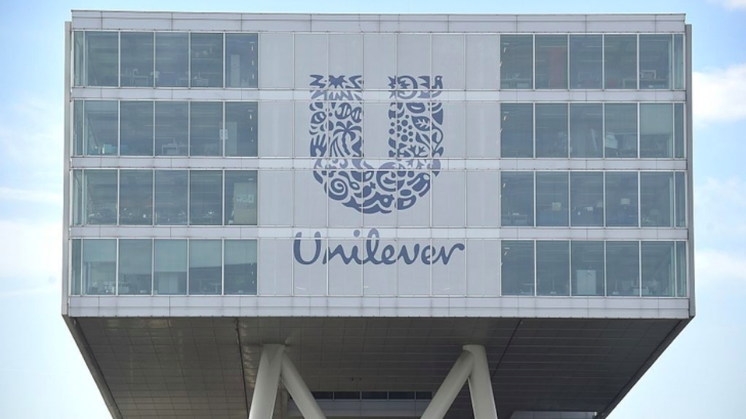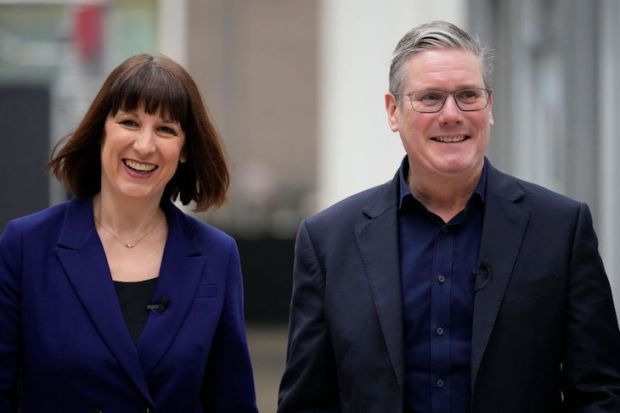Goldman Sachs is still operating out of London. Airbus is still making wings in Broughton, even if the order book is not looking so healthy right now. Nissan has backed its Sunderland factory. Still, at least those who are clinging to the notion that leaving the European Union would lead to a mass exodus of multinational corporations always had one company they could rely on: Unilever. The Anglo-Dutch conglomerate would surely always champion the European Union cause. It had already tried once to flee the country as it plunges over the Brexit abyss and would no doubt try again as the transition period expired.
Except, er, hold on. Not any more. Today the last bastion of Ultra-Remain, at least in business, appears to have crumbled. The company, which for decades has been based both in the Netherlands and Britain, has indeed simplified its structure so that is only based in one country rather than two. But it is moving towards a single company based in London rather than one inside the EU.
Of course, on one level, the decision has nothing to do with whether the UK is in the EU or not. It is, according to Unilever, all about tidying up its ownership, which will make it easier to do deals in the future. And in fairness that it is probably true.
Even so, it is hard to escape the symbolism. Two years ago, under its ferociously pro-EU chief executive Paul Polman, the company planned to move its HQ to the Netherlands, and was only stopped by a revolt from its shareholders. When it wanted to leave, some Remainers could hardly contain their glee, arguing that it would be the start of a corporate exodus that would rip the heart of the British economy. And the Dutch government did everything in its power to make that happen, even proposing to scrap a form of dividend tax to make itself a more attractive base. There is no question the pro-EU case rested heavily on creating a world attractive to the likes of Unilver, and the company has just plunged a dagger into the heart of that argument.
In truth, one by one the big corporate champions of Remain have abandoned the cause. At this rate, the Economist will soon be cheering for no-deal, and Dominic Cummings will be lined up as the next president of the CBI.
There are two important lessons in that. The first is European governments were wasting their time in their frantic efforts to use Brexit to tempt businesses out of Britain. All those delegations from Frankfurt, Paris, Amsterdam and Dublin traipsing around City boardrooms were wasting their time. The tax breaks and subsidies dangled before FTSE bosses have proved irrelevant.
The second is that corporations have reconciled themselves to Brexit. They have looked at how it impacts them, and decided, once you strip out the ideology, it is not that much of a deal. Decisions are made on factors such as tax rates, flexible labour systems, sophisticated capital markets, and skilled workforces among a host of others. The reality is that the EU is largely irrelevant to big business, and to the wider economy as well. And if anyone was still in any doubt about that Unilever just proved it.
Got something to add? Join the discussion and comment below.
Get 10 issues for just $10
Subscribe to The Spectator Australia today for the next 10 magazine issues, plus full online access, for just $10.





















Comments
Don't miss out
Join the conversation with other Spectator Australia readers. Subscribe to leave a comment.
SUBSCRIBEAlready a subscriber? Log in